Nissan unveils a £1bn Electric Vehicle hub
Nissan has unveiled Nissan EV36Zero, a £1 billion flagship Electric Vehicle (EV) Hub creating an electric vehicle (EV) manufacturing ecosystem. Centred around its record-breaking plant in Sunderland, UK, Nissan EV36Zero will, said Nissan, “supercharge the company's drive to carbon neutrality and establish a new 360-degree solution for zero-emission motoring.”
The transformational project has been launched with an initial £1bn investment by Nissan and its partners Envision AESC and Sunderland City Council. Comprised of three interconnected initiatives, Nissan EV36Zero brings together electric vehicles, renewable energy and battery production.
Building on Nissan's 35 years of manufacturing in Sunderland, the projects announced represent 6,200 jobs at Nissan and its UK suppliers, including more than 900 new Nissan jobs and 750 new Envision AESC jobs at its new smart, low-carbon battery plant. Longer term, the transformational project modernises and expands Nissan's EV production capability in the UK.
Envision AESC, the battery arm of global green tech company Envision Group, will deploy integrated AIoT smart technology to monitor and optimise energy consumption, manufacturing and maintenance at its new gigafactory, enabling it to rapidly increase production and provide batteries to power up to 100,000 Nissan electric vehicles per year. It will invest £450 million to build the UK's first gigafactory, adjacent to the Nissan plant, powered by renewable energy and creating 750 jobs as well as safeguarding the jobs of 300 current employees.
The new plant will increase the cost-competitiveness of EV batteries produced in the UK, including through a new Gen5 battery cell with 30% more energy density designed to improve range and efficiency. This commitment will power Nissan's new vehicles, supporting the continued localisation of vehicle parts and components with advanced technology. This, said Nissan, will make batteries cheaper and EVs more accessible to a growing number of customers in the future.
“As part of the £1 billion announcement, we will invest up to £423 million to produce a new-generation all-electric vehicle in the UK. Building on our expertise in crossovers and the worldwide success of the Nissan LEAF, we aim to make the switch to electric driving even more accessible. Designed for global markets, UK production will be exported to the European markets traditionally served by our Sunderland plant. The new crossover will be built on the Alliance CMF-EV platform, with a forecasted production capacity of up to 100,000 units to be installed,” said Nissan.
Production in Sunderland is expected create 909 new jobs at the plant, and more than 4,500 in the UK supply chain, while safeguarding a further 75 R&D jobs. The transformational project takes the total capital investment by Nissan into the plant past £5bn, and also includes R&D at Nissan's European Technical Centre in Cranfield, Bedfordshire (UK); support for UK suppliers to transition to electric vehicles; plant competitiveness and environmental improvements as well as skills development in the Nissan workforce for future technologies.
Bringing this ecosystem together, Sunderland City Council is leading a project that aims to deliver a 100% renewable electricity 'Microgrid' that will save 55,000 tonnes of carbon annually. With the ability to incorporate the existing Nissan wind and solar farms, initial plans suggest there could be as many as ten solar farms created, with an anticipated 132MW generation, and with a direct connection to renewable energy from the UK grid for 'firm' supply to Nissan and automotive companies located in the adjacent International Advanced Manufacturing Park (IAMP). Plans will continue to be developed in close discussion with potential private sector green investors.
A first-of-its-kind, this project is estimated to be an £80 million investment and also includes plans for a 1MW battery storage system using second-life Nissan EV/Envision AESC batteries, which will also allow for excess energy generated during daylight hours to be captured and used at another time, helping to balance demand on the grid. Additional infrastructure projects enabling the creation of the new EV Hub take the total initial investment above £1bn.
Current production in Sunderland includes the Nissan Qashqai, Juke and LEAF, most of which (70%) are exported to mainland Europe, with 20% sold in the UK and a further 10% exported to markets than span the globe, from South America to Australia, and from the Nordics to South Africa. The new £1 billion Nissan EV36Zero development heralds the next phase of Nissan's electrification plan and its UK operations.


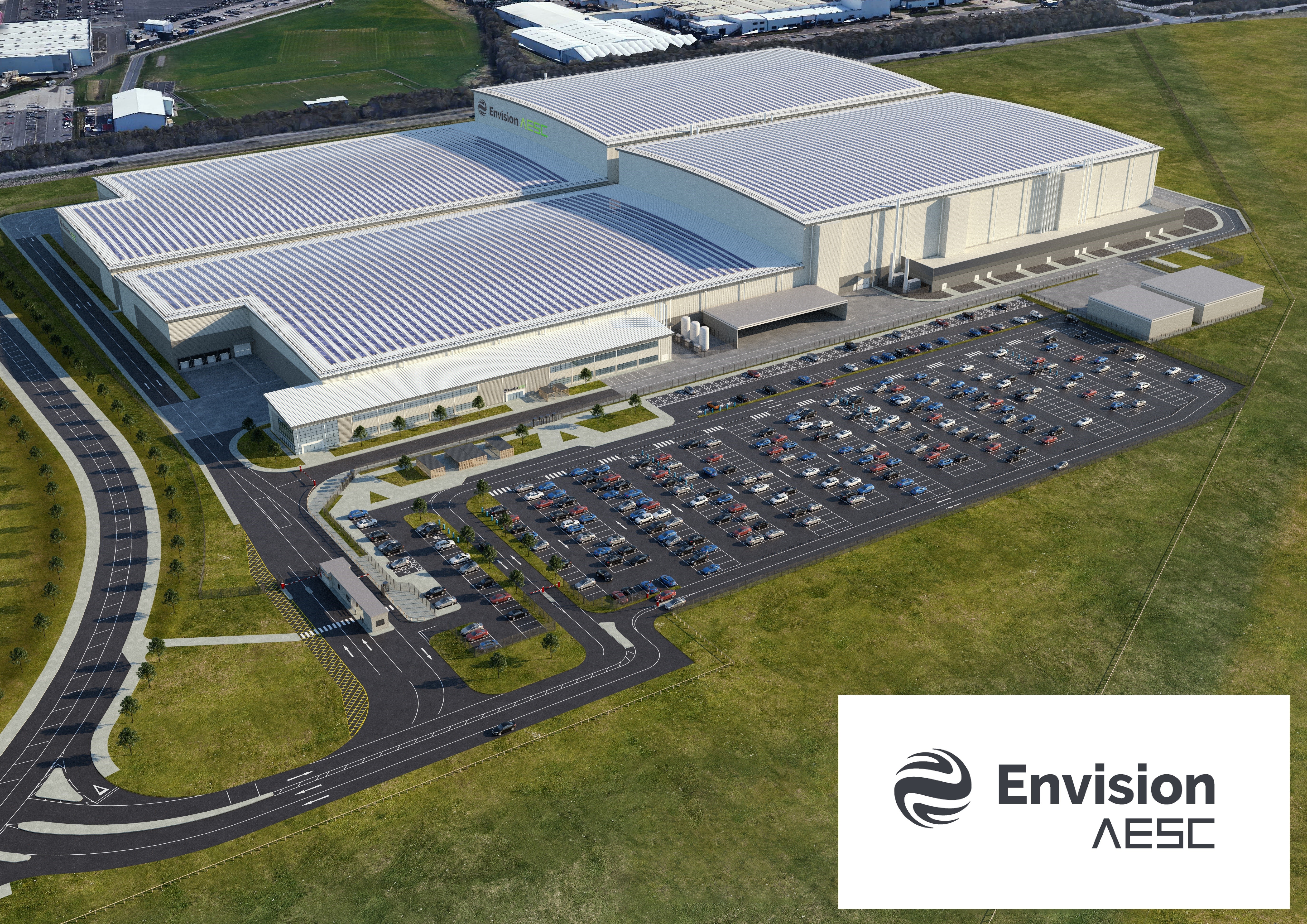
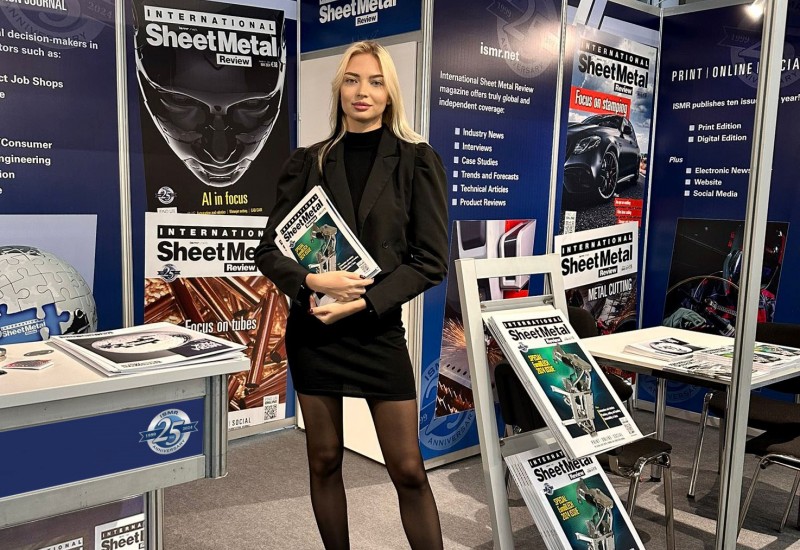
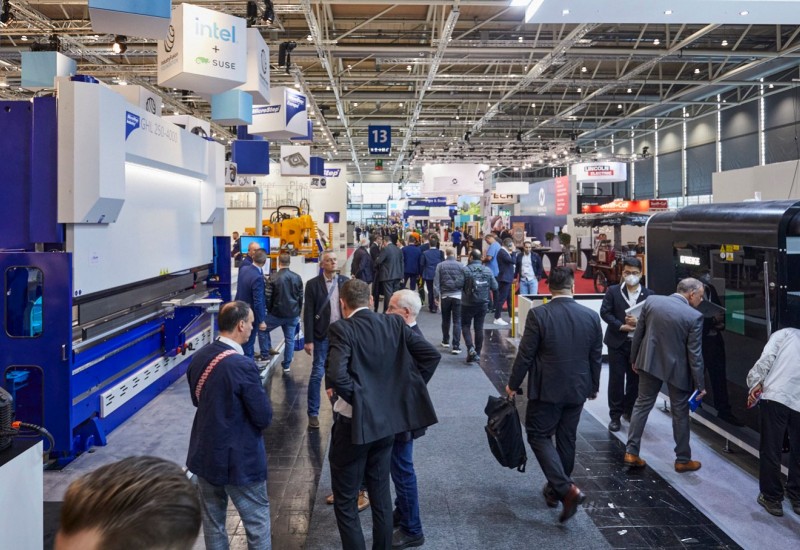


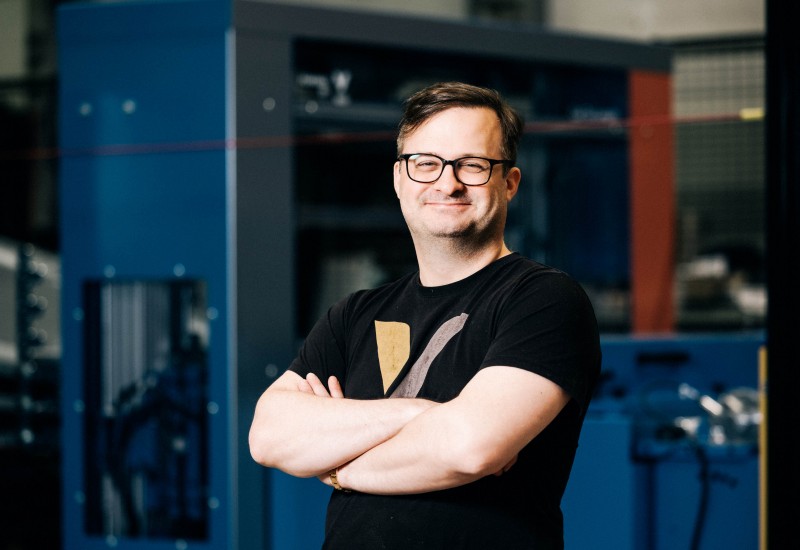
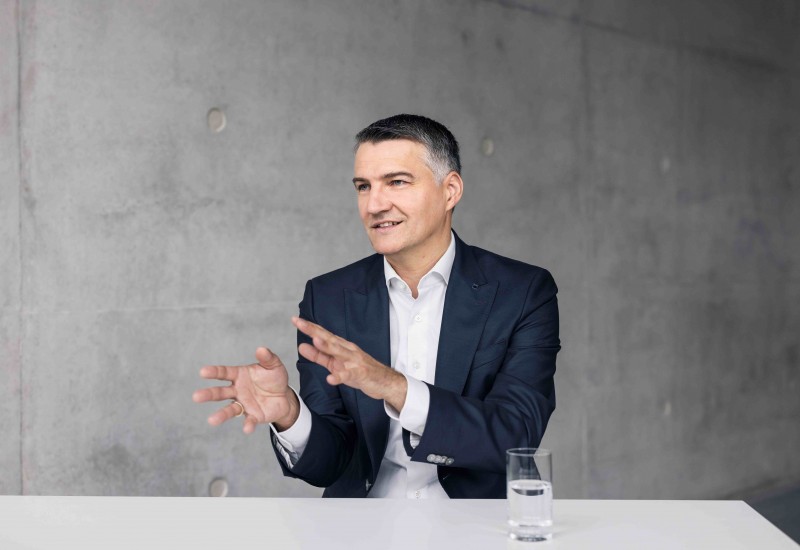
















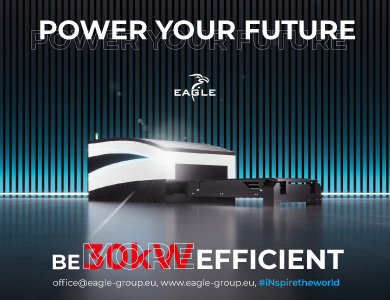







Recent comments